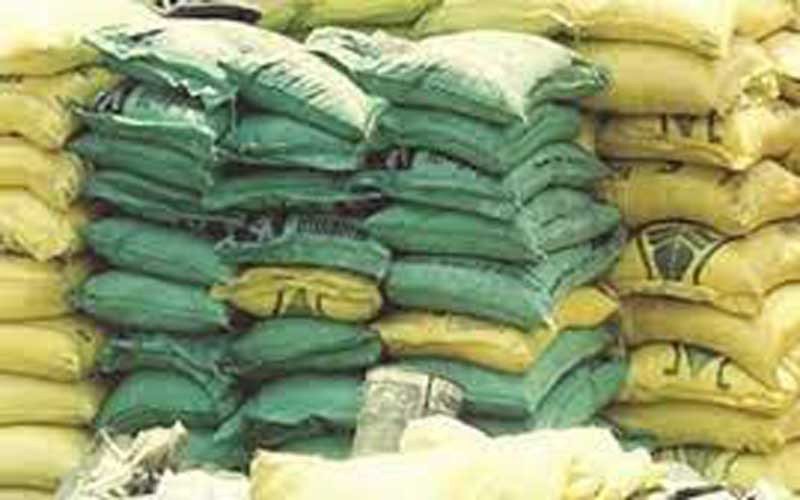
IN yesterday’s edition of NewsDay we carried a story headlined: Storm over fertiliser imports… as domestic producers are frustrated, in which we are told that government has expressed concern over fertiliser imports flooding the local market which is now threatening to drive local producers out of business.
Of particular interest, the managing director at one of the country’s major fertiliser producers, ZFC, Richard Dafana said: “It’s a usual tactic for importers of any product to be against local production as this increases their market share. This is more so in our country because of the attractiveness of the US dollar.
“This is the reason why in some countries, authorities control the imports that can be brought in. For example, countries like China, Singapore and South Korea have at times put controls on imports of different products.
“Zimbabwe being an agro-based economy needs a sustainable and efficient local fertiliser industry that guarantees fertiliser availability at affordable prices to farmers. Zimbabwe has enough production capacity to produce basal fertilisers. Some nitrogen can be produced by Sable Chemicals. The industry has operated at low utilisation for a long time. This situation is exasperated by imports.”
The situation facing local fertiliser producers is more than sad. It is actually a scandal that here we are, an agro-based economy with the capacity and potential to produce a critical input such as fertiliser, but we are busy frustrating our very own fertiliser producers by allowing imports to flood the local market.
Dafana indicates that countries such as China, Singapore and South Korea have deliberately controlled imports to boost local production in those countries and it is curious why Zimbabwe appears unwilling or uninterested in taking the same route.
Honestly, it is quite strange that government expresses concern about fertiliser imports when it is doing little to nothing to stop them. How can the local producers thrive when government is not protecting them from unfair competition from abroad? How can Zimbabwe even dream of becoming a regional breadbasket when local fertiliser manufacturers are left at the mercy of importers?
As it is, it appears as if there is a deliberate ploy to destroy the local fertiliser industry because, honestly speaking, how can government talk of industrialisation in its National Development Strategy 1 (NDS1) by day and promote de-industralisation by night by issuing licences to people to import commodities we can produce? Talk of paying lip service to one’s sworn ideals.
- In-depth Interview: 'Local tourism on great rebound'
- Govt challenges youths to participate in tourism
- Govt challenges youths to participate in tourism
- New perspectives: Moderating parallel market exchange rates
Keep Reading
What is happening in the fertiliser sector is one of the reasons why some of us doubt that those driving NDS1 really know what the policy entails. At this rate, the country should simply stop dreaming of ever attaining an upper-middle-income status by 2030 because there are some among us who are busy throwing spanners in the works.
It then comes as no surprise that we now have foreigners, such as the Chinese, establishing entities to produce such rudimentary commodities as bricks. This is all because our government is allowing the foreigners free rein in the country to establish businesses that we, Zimbabweans, are more than capable to run. The same government has gone further to allow some of its citizens to import commodities we can produce.
It is unthinkable that our government is at the forefront of frustrating its citizens. This is embarrassing, to say the least.











